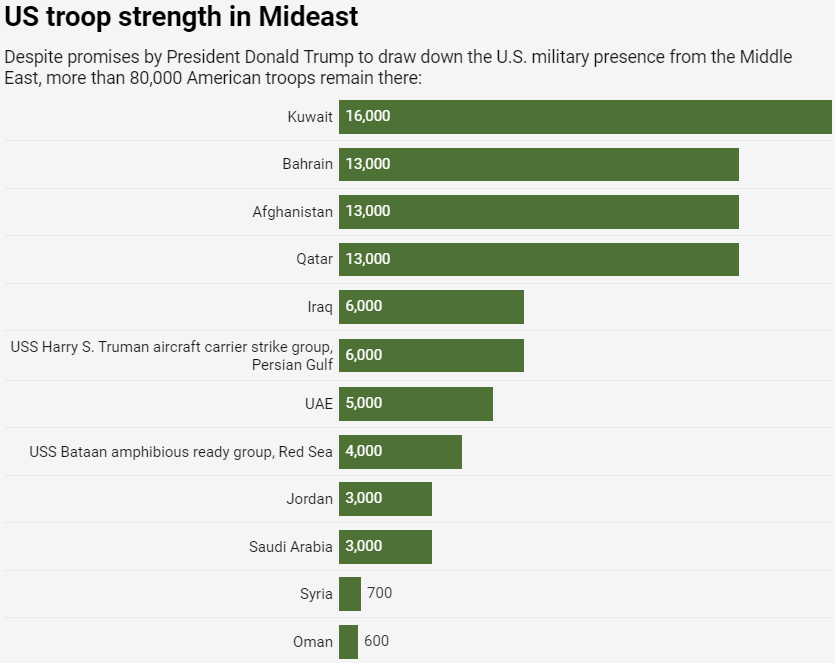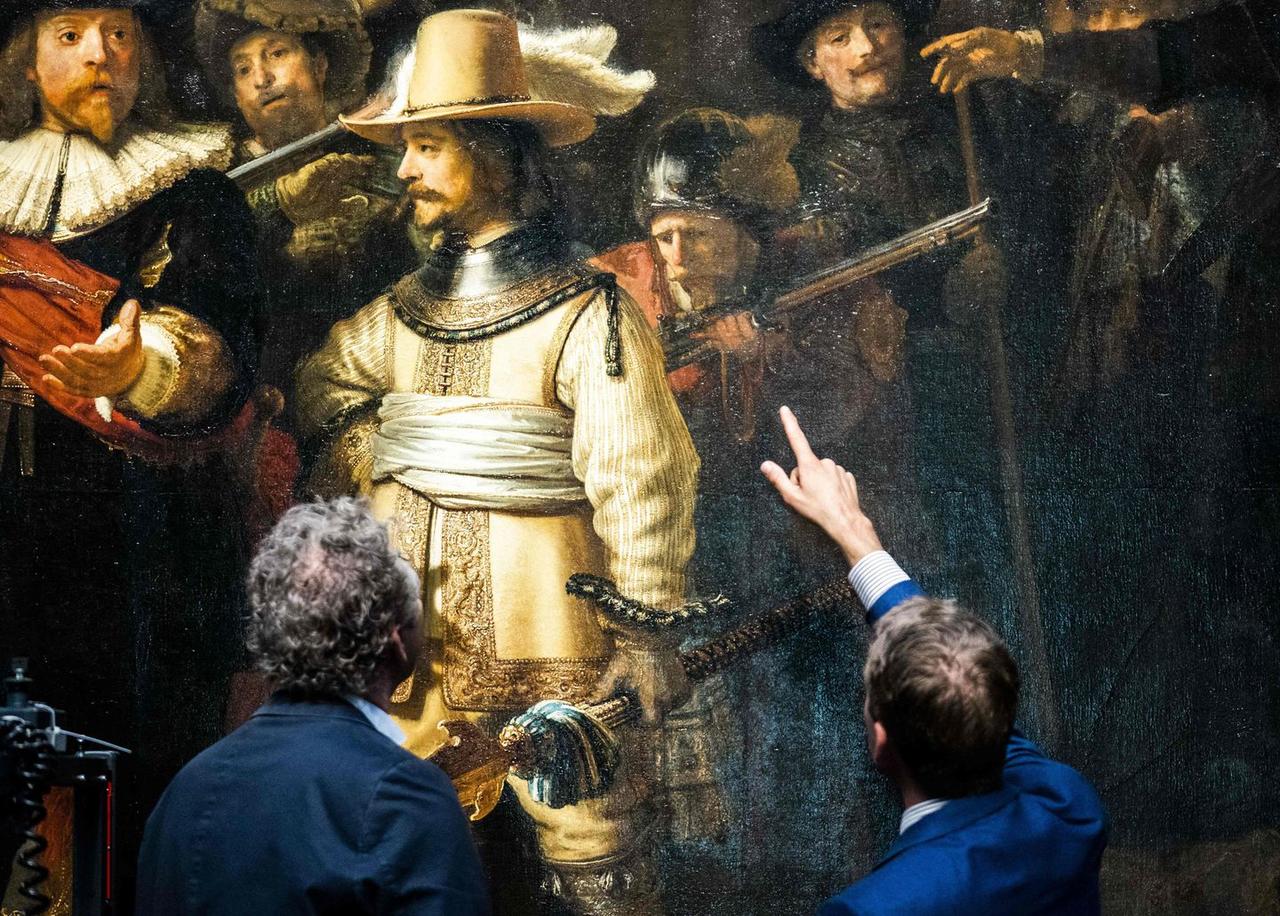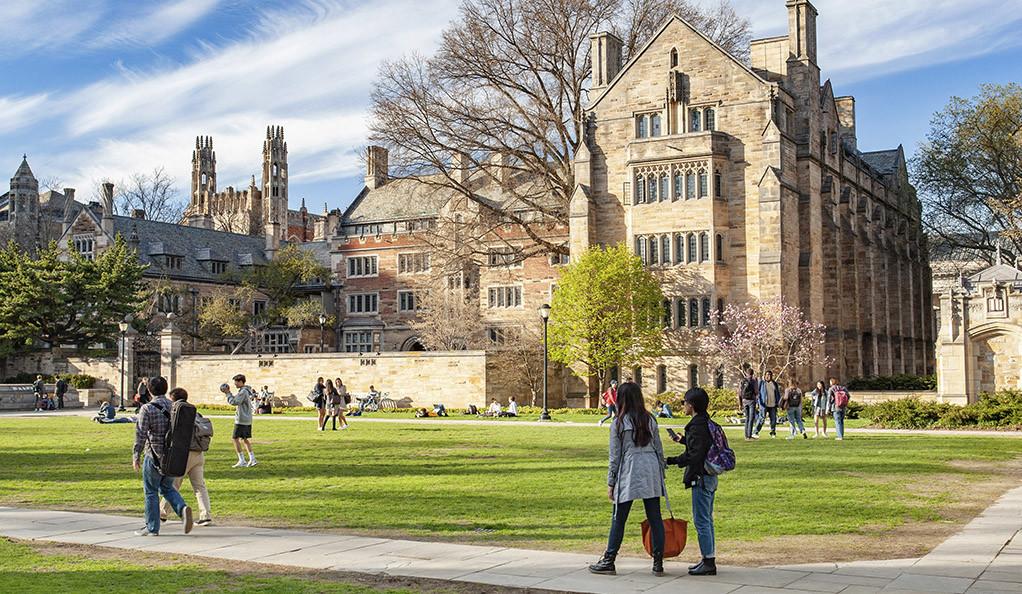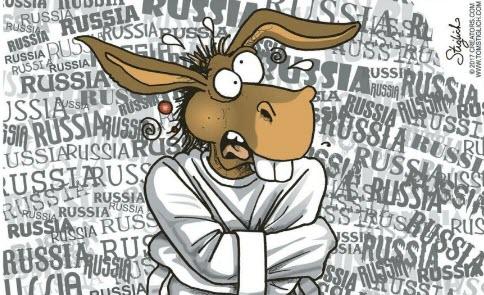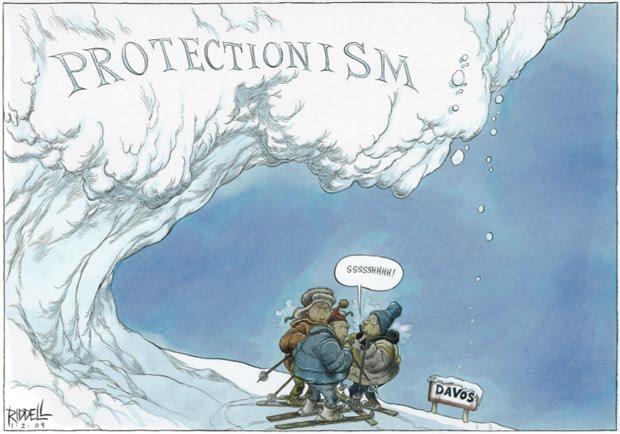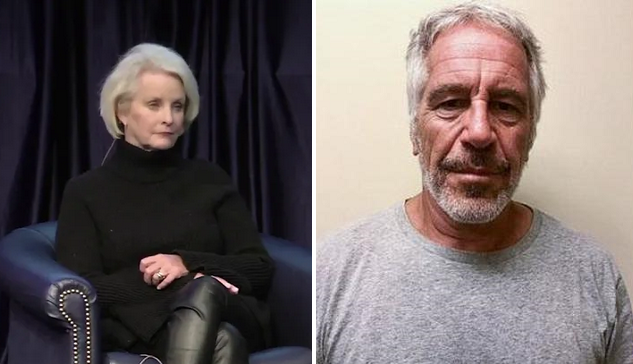This case challenges the fairness of disciplinary proceedings brought against Plaintiff John Doe by the University of Connecticut (“UCONN”) for alleged sexual assault, culminating in the Plaintiff’s two-year suspension from the University…. As set forth herein, the Court grants the Plaintiff’s motion for a Temporary Restraining Order {allow[ing] him to “rejoin the class of 2020” and register for Spring classes}.
[A.] Irreparable Harm
Based on the facts alleged in the complaint, the Plaintiff’s affidavit, and the documents submitted in support of the motion, it is clear that the Plaintiff will suffer irreparable harm if he cannot enroll in UCONN this semester. The January 15, 2020 letter from UCONN to the Plaintiff states that his suspension is “effective from December 16, 2019 through January 1, 2022.” Though he may apply for readmission in 2022, his “[r]eadmission to the University is not guaranteed” and “reacceptance into your school or college is at the discretion of the school or college.” In addition, “[a] notation of Suspension shall be placed on [his] official transcript until graduation” and “[t]he University of Connecticut will not accept credits earned at another institution during a period of suspension.”
In his affidavit, the Plaintiff explains that he was “majoring in Management Information Systems in the UConn business school” and “had only one semester to go before graduating.” He was in good academic standing, with a 3.5 GPA and an unblemished record, and he held a job on campus. After the suspension, even if he is readmitted to UCONN, he would “still have to reapply to the business school to complete [his] degree.” He avers that “[w]ith a finding of responsibility for a sex crime and a two-year gap in [his] educational record … [his] educational and career prospects are forever changed.”
Because UCONN “will not accept credits earned at another institution during a period of suspension,” “this two-year suspension stops [his] education dead in the water” and guarantees that he will have a two-year gap in his education. He would have to explain that gap—and his sanction for a sex offense—to any educational institutions or jobs he applies for in the future. He states that he was “beginning to apply for internships which are available only during your senior year,” and that “UConn’s actions against [him] have kept [him] from applying to internships, let alone [his] first post-college job[,] which [he] planned to take after graduating in spring 2020.”
For a college student poised to graduate in a few months, it is highly likely that a two-year suspension and a sanction for sexual assault would indeed “forever change[]” the trajectory of his education and career. If he is not permitted to enroll in the Spring 2020 semester, he would need to explain a gap on his résumé in future applications to schools or jobs. He would also need to explain the suspension notation on his UCONN transcript, and a truthful explanation would seriously hinder his prospects. During the January 23, 2020 telephonic status conference, counsel for the defendants did not offer any argument that the harm imposed by a two-year suspension would not be irreparable. I find, therefore, that the Plaintiff has demonstrated irreparable harm.
[B.] Clear Likelihood of Success on the Merits
The Plaintiff alleges, among other claims, that UCONN’s disciplinary proceedings violated his right to due process under the Fourteenth Amendment. On the record before the Court, the Plaintiff has met the heightened requirement for a mandatory injunction and has shown a clear likelihood of success on his due process claim….
On the question of “what process is due [in government administrative hearings],” the law is highly fact-specific. “The fundamental requirement of due process is the opportunity to be heard at a meaningful time and in a meaningful manner.” A court must consider three factors in determining whether due process has been satisfied: “[f]irst, the private interest that will be affected by the official action; second, the risk of an erroneous deprivation of such interest through the procedures used, and the probable value, if any, of additional or substitute procedural safeguards; and finally, the Government’s interest, including the function involved and the fiscal and administrative burdens that the additional or substitute procedural requirement would entail.”
The Plaintiff was accused of “non-consensual sexual contact and nonconsensual sexual intercourse” with a fellow UCONN student (“Jane Roe”) in Jane Roe’s dorm room on the evening of April 5, 2019. UCONN ultimately found that he did “engage[] in non-consensual sexual contact as well as … non-consensual intercourse with [Jane Roe] in [Roe’s] Residence Hall room.” The Plaintiff does not dispute that he had sexual intercourse with Jane Roe on that night, but he argues that all sexual activity between them was consensual. Because the Plaintiff and Jane Roe were the only two in the dorm room during the incident, UCONN’s finding of non-consent necessarily hinged on the credibility of both the Plaintiff and Jane Roe.
Despite the importance of credibility to the factual dispute, UCONN’s disciplinary procedures hampered the Plaintiff’s ability to present a meaningful defense on this issue. First, the Plaintiff avers in his affidavit that the hearing officers at his December 16, 2019 administrative hearing refused to hear testimony from four of the five witnesses the Plaintiff attempted to present. The evidence the Plaintiff has submitted indicates that his witnesses were prepared to offer testimony that would tend to undermine Jane Roe’s credibility.
Specifically, two witnesses were prepared to testify that Jane Roe had initiated “sexual movements” on the Plaintiff’s lap in the car on the night of April 5, 2019. ECF No. 10-5 at 5 (statement by witness “FW” that “the girl sitting on [Plaintiff’s] lap was moving like she was dancing on his lap, moving her body like moving from her waist. I didn’t want to stare at them.”); ECF No. 10-11 (statement by witness “KW” that “I could also feel the knees of the girl sitting on [Plaintiff’s] lap through the back of my seat. I could feel that she was moving back and forth. It was clear to me that these movements on [Plaintiff’s] lap were sexual. She was not just bumping my seat randomly.”). This is significant because Jane Roe specifically denied initiating any sexual movement on the Plaintiff’s lap. ECF No. 10-2 at 40 (investigator’s interview notes, indicating that he asked Jane Roe, “Information received indicated that you were rubbing your butt on the respondent’s penis while sitting on him in the back seat of the car. Can you respond to this information?” and that Jane Roe responded, “I was not.”).
The record also suggests that the Plaintiff’s proposed witnesses were prepared to testify that Jane Roe and her female friend invited the Plaintiff and one other male friend to their dorm, which would contradict Jane Roe’s written statement, which states, “one of [Plaintiff’s] visiting friends and himself suggested that they come back to my friends and I dorm …. Although my friend and I agreed to them coming over since I knew she liked [Plaintiff’s] friend, I made it a point that we can all, as a group, watch tv in my room as a way to infer that I had no intentions of doing anything sexual ….”
In contrast, the Plaintiff’s friend “JM” stated in his interview that “[Plaintiff] was going to go back to his room, but the ladies wanted me and [Plaintiff] to come back with them. They said ‘let’s chill, let’s come over to our place.’ … My friend [KW] stayed in the car because he did not have a date.” In his written statement, “KW” similarly wrote, “[Plaintiff] got out [of the car]. Both girls in the backseat called out to him to pull him back into the car. They wanted him to come back to their place…. I sure wasn’t being invited back to their dorm…. I stayed in the car and wasn’t invited in. When they left the car, the girls led [JM] and [Plaintiff] to their building. No one invited me to do anything.”
Based on this evidence, the Plaintiff’s proposed witnesses would have provided relevant testimony as to Jane Roe’s credibility, but the hearing officers allowed testimony only from “JM,” refusing to hear testimony from “FW,” “KW,” and two other witnesses proposed by the Plaintiff. “KW” was never even interviewed during the investigation, though the Plaintiff identified him as a potential witness during his interview.
Under the factors identified in Mathews v. Eldridge, although there is a “risk of an erroneous deprivation” in any case involving a “he said/she said” dispute, that risk was heightened by the procedures used here. In such a dispute, evidence bearing on credibility is critical, and thus the “probable value” of allowing these witnesses to testify, as an additional procedural safeguard, was substantial. That value easily outweighed any burden on UCONN, since the witnesses were already present at the hearing and willing to testify.
In addition to denying the Plaintiff the opportunity to present four of his five witnesses, UCONN also never gave the Plaintiff an adequate opportunity to respond to or question Jane Roe or the other female witnesses interviewed during the investigation. Under UCONN’s policy, the Plaintiff was provided with a copy of Jane Roe’s statement and notes from interviews with Roe and two other female witnesses only after the investigation was complete and the investigator had prepared recommended findings. At the hearing, only Roe testified; the other two female witnesses did not attend.
The Plaintiff, therefore, did not have the opportunity at any point in the process to propose any questions for the two female witnesses, let alone to cross-examine them. But the investigator and the hearing officers relied on the interviews of those witnesses in making their determinations. See ECF No. 10-7 at 8, 10 (investigator quoting statements from female witnesses, “S3” and “S4” in analyzing the disputed facts of the incident and concluding “there is a preponderance of the evidence that [Plaintiff] engaged in non-consensual sexual contact”). And while the Plaintiff was allowed to propose some questions for the hearing officers to ask Jane Roe, the hearing officers did not ask every question the Plaintiff proposed, according to representations by Plaintiff’s counsel during the January 23, 2020 argument. See also id. (The Plaintiff asked for a copy of any statement Roe submitted in April 2019, but UCONN did not provide it, and the hearing officers accepted Roe’s testimony that it was the “same” as her later statement without further questioning.).
In analyzing the requirements of due process in the context of university disciplinary proceedings, courts differ on the question of whether the accused has a right to cross-examine witnesses in the traditional manner. Here, however, the Plaintiff was denied even the right to respond to the accusations against him in a meaningful way, because he had no opportunity to question or confront two of Roe’s witnesses on whose statements the hearing officers chose to rely. Given UCONN’s reliance on this testimony and given the importance of credibility evidence to this factual dispute, denying the Plaintiff the opportunity to respond fully to Jane Roe and her witnesses heightened the risk of erroneous deprivation.
This case involves a severe sanction, a “he said/she said” dispute hinging on the credibility of Roe and the Plaintiff, and important procedural shortcomings in exploring the critical issue of credibility. Under these circumstances, the Plaintiff has shown a clear likelihood of success on the merits of his due process claim. See Wasson v. Trowbridge, 382 F.2d 807, 812 (2d Cir. 1967) (“We conclude, therefore, that due process only requires for the dismissal of a Cadet from the Merchant Marine Academy that he be given a fair hearing at which he is apprised of the charges against him and permitted a defense…. [T]he rudiments of a fair hearing in broad outline are plain. The Cadet must be apprised of the specific charges against him. He must be given an adequate opportunity to present his defense both from the point of view of time and the use of witnesses and other evidence.” (emphasis added)); Purdue Univ., 928 F.3d at 664 (plaintiff adequately alleged a violation of due process where, “in a case that boiled down to a ‘he said/she said,’ ” the university’s “Advisory Committee[] fail[ed] to make any attempt to examine [complainant] Jane’s credibility” even though plaintiff “identified specific impeachment evidence,” and noting that the “failure to even question Jane or John’s roommate to prove whether this evidence was reason to disbelieve Jane was fundamentally unfair to John”)….
[C.] Balance of Equities and Public Interest …
While UCONN certainly has an interest in designing and implementing its own disciplinary proceedings, the harm a TRO would inflict on UCONN is slight. It will suffer no harm if the Plaintiff enrolls and begins to take classes this Spring; UCONN’s general counsel confirmed on the January 23, 2020 telephonic status conference that UCONN would not incur any monetary harm from the Plaintiff’s enrollment in the Spring semester. The Plaintiff’s enrollment may cause some emotional harm to Jane Roe, for example, if she encounters the Plaintiff on campus. However, the Plaintiff avers that there was “no incident or conflict between” him and Roe between April 2019 and December 2019, even though they sometimes crossed paths at their jobs for the same campus employer.
Further, nothing in the record before the Court suggests that UCONN is concerned that the Plaintiff’s presence on campus might inflict particular harm on Roe: it took no action in response to Roe’s initial April 2019 allegation, and it did not institute any interim measures—such as a no-contact order—after she renewed her allegations in September 2019. Therefore, because the suspension’s harm to the Plaintiff outweighs any harm to UConn or anyone else, the balance of equities favors the issuance of a TRO that allows him to enroll and take classes while the parties litigate his motion for a preliminary injunction. An evidentiary hearing on that motion has already been scheduled for February 11, 2020.
Finally, the public interest favors a TRO to protect the Plaintiff’s constitutional right to due process while the parties litigate the preliminary injunction motion. There is a public interest in avoiding violations of constitutional rights. While there is also a public interest in enforcement of university disciplinary policies, allowing the Plaintiff to enroll in school while the Court adjudicates his motion for a preliminary injunction does not unreasonably interfere with that interest….
